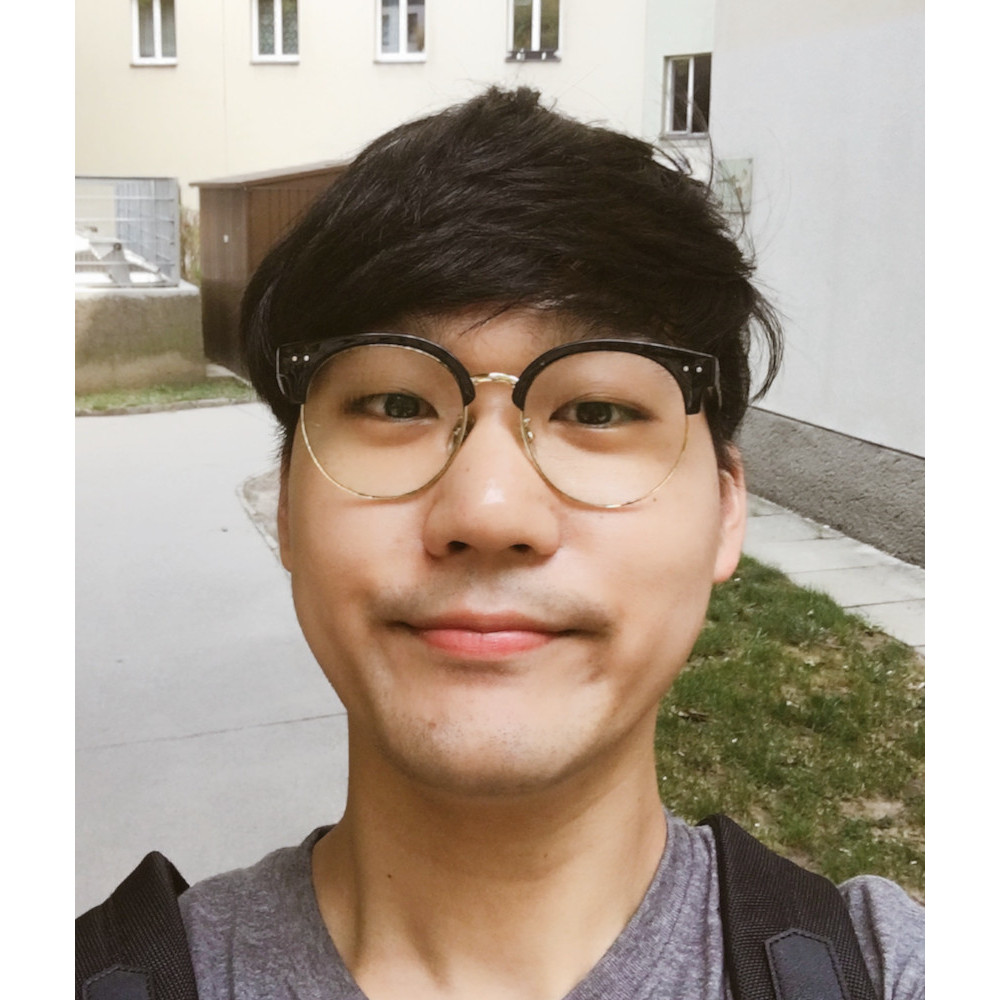
Keun-Tae Kim
研究者 (Alev G)
- Position
- 研究員
- Research Field
- 発生生物学、幹細胞
- ORCID
- https://orcid.org/0000-0002-1610-3720
研究概要
From making segments to reconstruct complete human and non-human primate body plan in a dish
During early vertebrate embryo development, transiently epithelialized blocks composed of mesodermal cells termed somites periodically appear with segmental patterns to architect the body plan of the entire conceptus. As disruption of sequential somite formation and segmentation will give rise to vertebral defects, understanding biological and molecular mechanisms underlying periodic development of somites can provide clues to reveal the pathology of congenital diseases. However, due to the lack of appropriate in vitro models, it has been so far very difficult to study human somitogenesis and subsequent developmental events. Recently, an in vitro 3D model (i.e., axioloid) succeeded to perfectly recapitulate human somite segmentation and proper rostrocaudal patterning (Yamanaka and Hamidi et al, Nature, 2022). Thus, axioloids will shed light on understanding human axial development and molecular pathologies underlying congenital diseases of the human spine. Moreover, further investigations using axioloids can potentially mimic additional embryonic structures such as neural tube and notochord and provide insights into the formation of sclerotome and myotome compartments in each segment. Here, I propose to systemically study and investigate (1) molecular pathologies of congenital diseases resulting from defective somitogenesis using axioloids, (2) key metabolic pathways regulating proper segmentation and somite differentiation and (3) establish more advanced synthetic embryo models of axial development in human and non-human primates. I will address and achieve the objectives of my planned research as a postdoctoral researcher at Alev group in ASHBi.
略歴
Keun-Tae obtained his Ph.D. in Stem cell biology at Sogang University, Republic of Korea in August, 2020. He continued his Postdoctoral training at College of Pharmacy, Seoul National University in Republic of Korea since 2020 to 2022. After his visiting periods at the Institute of Molecular Biotechnology of Austrian Academy of Sciences (IMBA) in Vienna during 2022, he joined the Alev group from January, 2023.
論文
Kim SM, Kwon EJ, Kim YJ, Go YH, Oh JY, Park S, Do JT, Kim KT#, Cha HJ#, Dichotomous role of Shp2 for naive and primed pluripotency maintenance in embryonic stem cells, Stem Cell Research & Therapy (2022). (#Corresponding authors)
Kim KT, Oh JY, Park S, Kim SM, Benjamin P, Park IH, Chun KH, Chang, YT, Cha HJ, Live isolation of naive ESCs via distinct glucose metabolism and stored glycogen, Metabolic Engineering (2022)
Park JC, Kim J, Jang HK, Lee SY, Kim KT, Park S, Lee HS, Choi HJ, Park SJ, Moon SH, Bae S, Cha HJ, Multiple isogenic GNE-myopathy modeling with mutation specific phenotypes from human pluripotent stem cells by base editors, Biomaterials (2022)
Park JC, Jang HK, Kim J, Han JH, Jung Y, Kim KT, Bae S, Cha HJ, High expression of uracil DNA glycosylase determines C to T substitution in human pluripotent stem cells, Molecular Therapy-Nucleic Acids (2022)
Kim KT*, Park JC*, Jang HK*, Lee H, Park S, Kim J, Kwon OS, Go YH, Jin Y, Kim W, Lee J, Bae S and Cha HJ, Safe Scarless Cassette-free Selection of Genome-edited Human Pluripotent Stem Cells Using Temporary Drug Resistance, Biomaterials (2020) (*equally contributed)
Cho SJ*, Kim KT*, Jeong HC, Park JC, Kwon OS, Song YH, Shin JG, Kang S, Kim W, Shin HD, Lee MO, Moon SH, Cha HJ, Selective elimination of culture-adapted human embryonic stem cells with BH3 mimetics, Stem Cell Reports (2018) (*equally contributed)
Kim JH, Jang MJ, Choi J, Lee E, Song KD, Cho JH, Kim KT, Cha HJ, Sun W, Optimizing tissue-clearing conditions based on analysis of the critical factors affecting tissue-clearing procedures, Scientific Reports (2018)
Cho SJ*, Kim KT*, Kim JS, Kwon OS, Go YH, Kang NY, Heo H, Kim MR, Han DW, Moon SH, Chang YT, Cha HJ. A fluorescent chemical probe CDy9 selectively stains and enables the isolation of live naive mouse embryonic stem cells. Biomaterials (2018) (*equally contributed)
Kwon SJ, Kwon OS, Kim KT, Go YH, Yu SI, Lee BH, Miyoshi H, Oh E, Cho SJ and Cha HJ. Role of MEK partner-1 in cancer stemness through MEK/ERK pathway in cancerous neural stem cells, expressing EGFRviii, Molecular Cancer (2017)
Kim KT, Jeong HC, Kim CY, Kim EY, Heo SH, Cho SJ, Hong KS, Cha HJ. Intact wound repair activity of human mesenchymal stem cells after YM155-mediated selective ablation of undifferentiated human embryonic stem cells. Journal of Dermatological Science (2017)
受賞
Global Ph.D. Fellowship from Ministry of Education, Republic of Korea (2016-2020)
Best Poster Presentation award from International/Korean Society of Stem Cell Research (ISSCR/Korean) (2019)
Outstanding Young Scientist Award from Korean Society for Biochemistry and Molecular Biology (KSBMB) (2020)
Young Investigator Research Award from Korean Society for Molecular and Cellular Biology (KSMCB) (2020)
Young scientist research award (MOHEON-YS Award) from Korean Society of Applied Pharmacology (2022)
着任日
2023年1月16日
